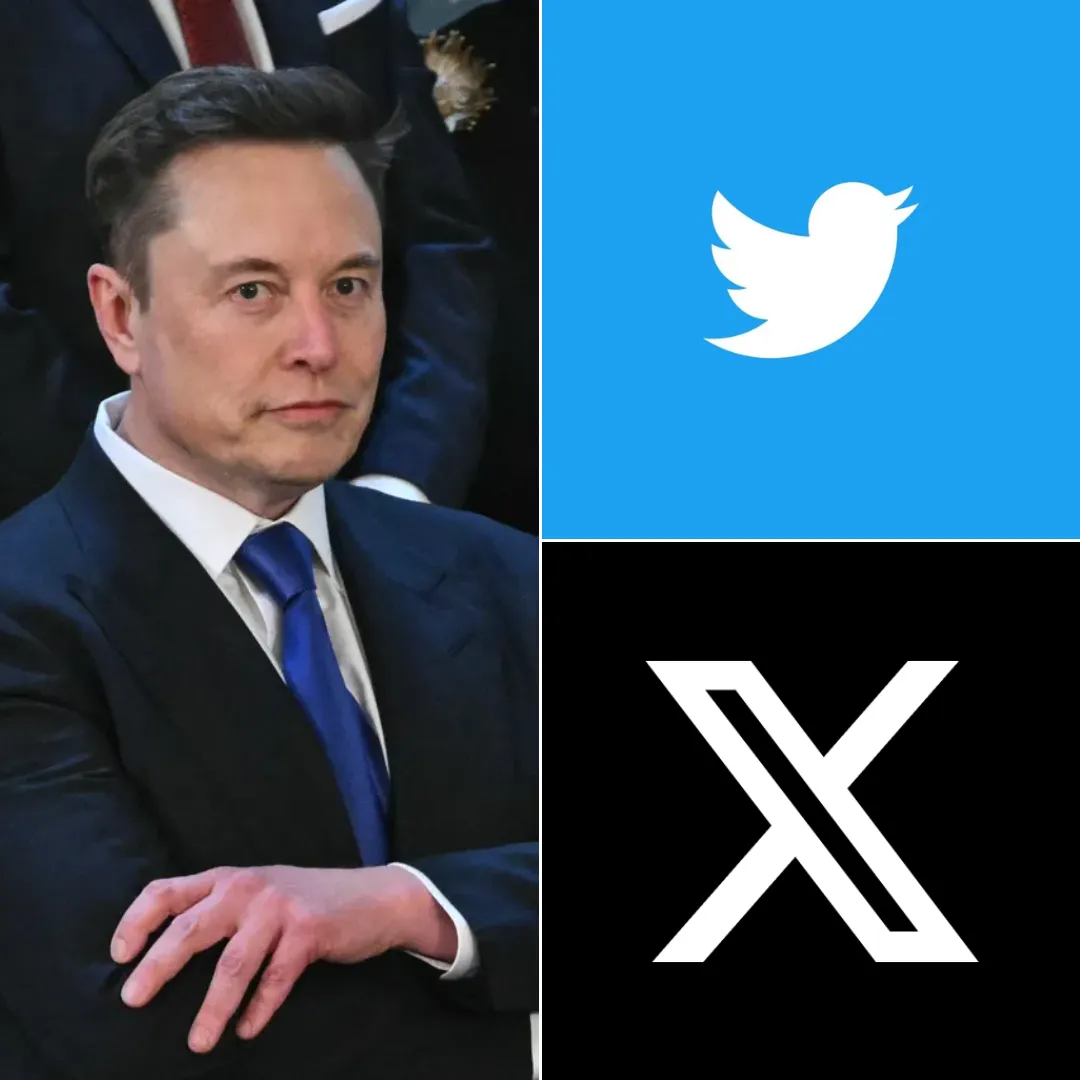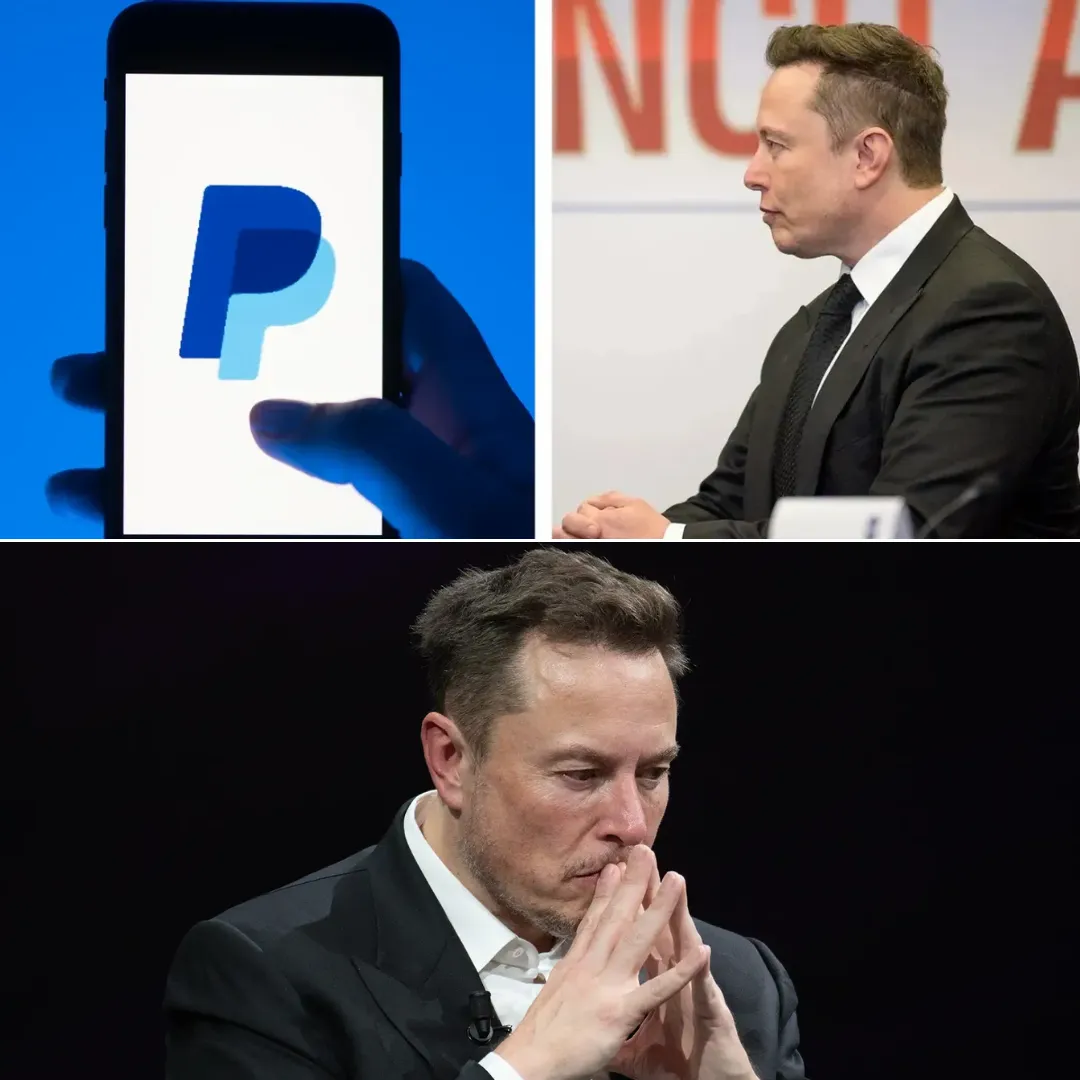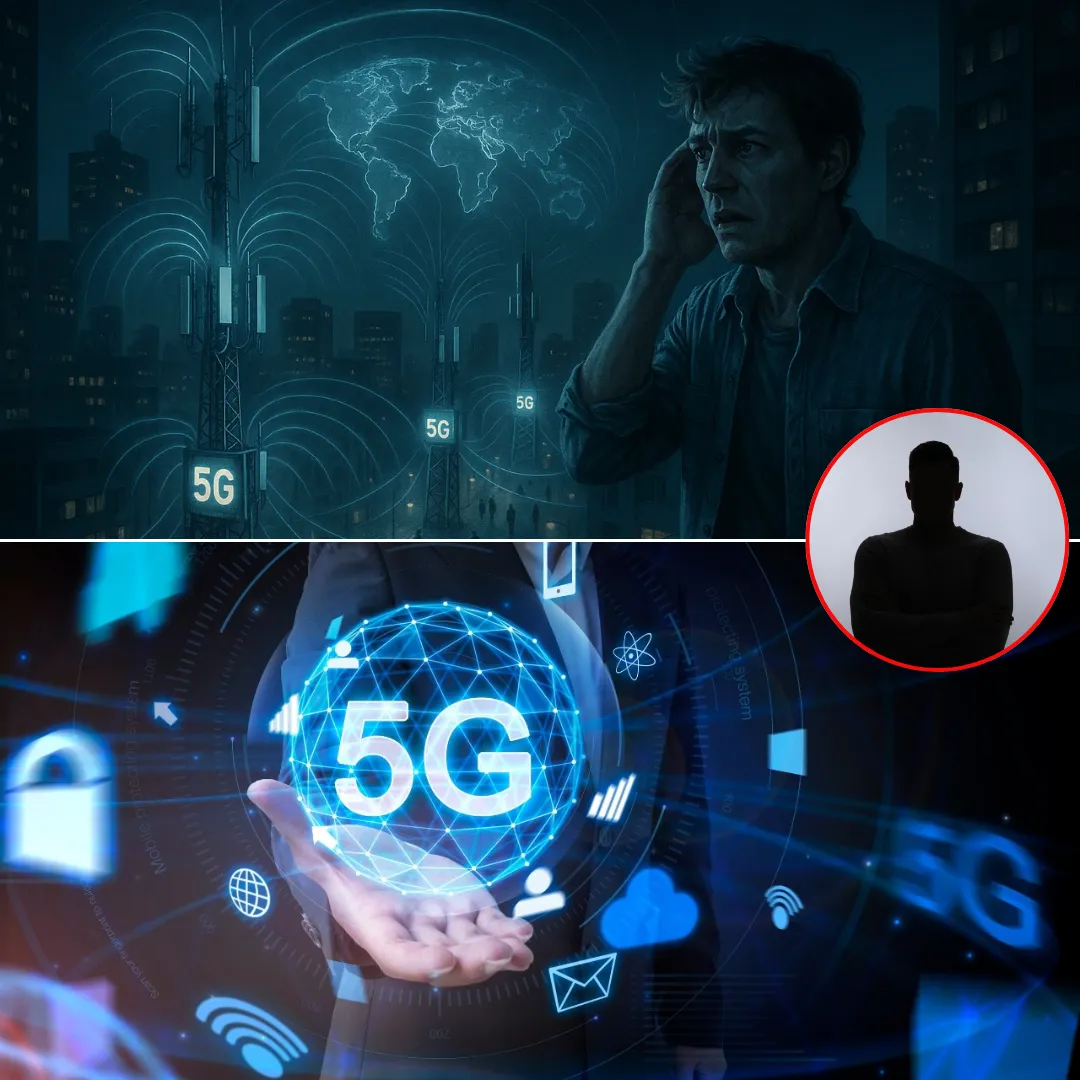
Elon Musk’s brain-tech startup Neuralink has secured a staggering 650 million dollars in new funding, marking a critical juncture in the company’s mission to merge human biology with artificial intelligence.
The investment round, backed by prominent firms including ARK Invest, Founders Fund, Sequoia Capital, Thrive Capital, and Lightspeed Venture Partners, is a strong vote of confidence from the venture capital world, signaling high expectations for Neuralink’s pioneering brain-computer interface (BCI) technologies.
This fresh capital injection will accelerate Neuralink’s efforts to bring its devices to more patients while advancing the development of new tools designed to deepen the connection between biological and artificial intelligence.
Neuralink’s flagship product, known as Telepathy, represents a leap forward in BCI systems. This cutting-edge technology involves implanting ultra-thin threads—each thinner than a human hair—directly into the brain.

These threads connect to over a thousand electrodes, which record neural signals and translate them into commands that can operate external devices. The concept is groundbreaking: allowing patients with severe paralysis or neurological conditions to regain some autonomy by controlling computers, prosthetics, or other digital tools simply through thought.
As of now, five patients have undergone implantation with Neuralink’s technology, a testament to the company’s progress in clinical applications. These individuals have demonstrated the ability to use Neuralink to interact with digital and physical environments, showcasing the promise of BCIs to restore independence for those otherwise incapacitated by disease or injury.
To further validate and refine Telepathy, Neuralink is conducting four separate clinical trials designed to rigorously test safety, functionality, and efficacy. BCI technology has been explored academically for decades, but Neuralink aims to push the boundaries by focusing on user-friendliness, scalability, and commercial viability.
This places the company in direct competition with other key players such as Synchron, Paradromics, and Precision Neuroscience. Notably, Paradromics recently announced a successful first human implantation of its own BCI, highlighting a burgeoning industry racing to revolutionize how humans interface with machines.

The scope of Neuralink’s ambitions extends far beyond the current Telepathy system. Elon Musk has often expressed visionary goals, such as restoring sight to the blind and augmenting human cognitive capabilities.
A notable example is the device called Blindsight, which received the U.S. Food and Drug Administration’s “Breakthrough Device” designation. This designation recognizes medical technologies that have the potential to significantly improve treatment for severe or life-threatening conditions.
Blindsight aims to restore vision even to patients who have lost both eyes and their optic nerves, an unprecedented medical feat that could transform the lives of millions suffering from blindness.
While the technology shows extraordinary promise, significant hurdles remain before Neuralink’s devices become widely available. Regulatory approvals, ethical considerations, and manufacturing challenges are formidable obstacles.

The company must navigate complex clinical trials, gain approval from regulatory bodies such as the FDA, and address concerns about the safety and long-term effects of brain implants.
Moreover, ethical discussions around privacy, autonomy, and potential misuse of brain-interface technology continue to intensify. The possibility of directly accessing and manipulating neural signals raises questions about data security, informed consent, and the societal implications of cognitive augmentation.
Neuralink and the broader industry will need to work closely with policymakers, ethicists, and the public to ensure responsible development and deployment of these powerful technologies.
The 650 million dollars raised in this funding round will be instrumental in overcoming many of these challenges. It will allow Neuralink to expand its research and development teams, scale up manufacturing of devices, and broaden clinical trial participation.

Recruiting top talent in neuroscience, bioengineering, robotics, and AI will be critical as the company refines its technology and prepares for eventual commercialization. Elon Musk’s personal involvement in Neuralink underscores his commitment.
Having publicly stated willingness to undergo implantation himself, Musk signals confidence in the safety and transformative potential of the technology. His high-profile advocacy has helped Neuralink maintain public attention and secure investor interest in a field that requires both scientific rigor and visionary leadership.
Beyond the medical applications, Neuralink’s work represents a broader ambition to redefine the relationship between humans and machines. The company envisions a future where brain interfaces augment human intelligence, enhance communication, and open new realms of interaction with AI systems.
This convergence could enable humans to keep pace with rapidly advancing artificial intelligence, raising profound questions about identity, cognition, and the nature of consciousness.
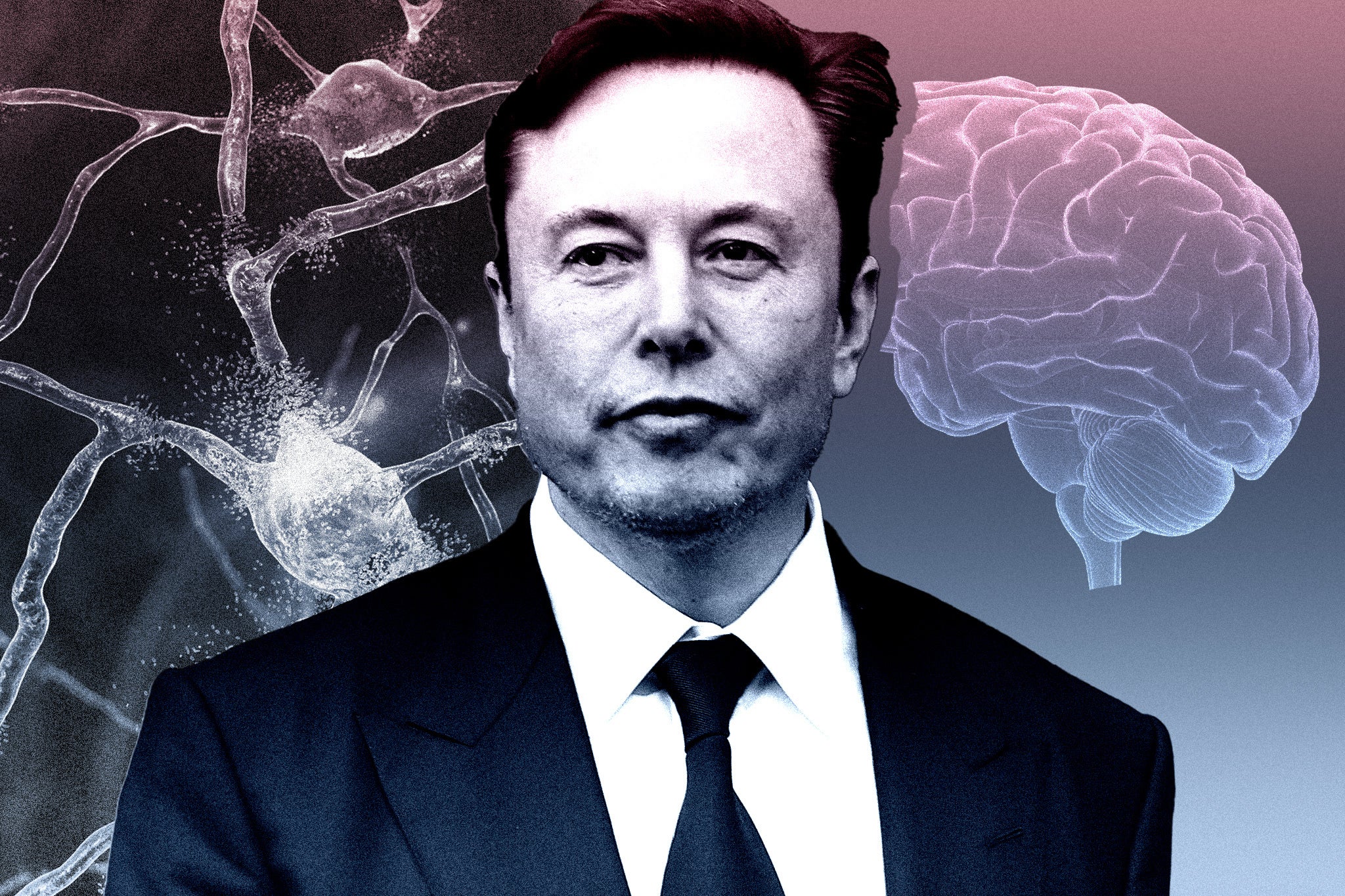
Investment firms backing Neuralink recognize this paradigm-shifting potential. The company’s ability to translate complex neural signals into actionable commands could revolutionize industries ranging from healthcare to computing.
By enabling direct brain control of technology, Neuralink aims to eliminate traditional barriers imposed by physical disabilities and expand human capabilities in unprecedented ways.
As Neuralink advances through the clinical and regulatory stages, it faces an evolving competitive landscape. Several companies are developing alternative BCI technologies with different approaches, such as non-invasive systems or external sensors.
While Neuralink’s invasive thread implantation strategy promises greater precision, it also involves greater medical risk, highlighting the balance the company must strike between innovation and patient safety.
The road ahead remains uncertain, but Neuralink’s progress and recent financial backing signal a new era in brain-computer interfacing. With Elon Musk at the helm pushing the boundaries of neuroscience and technology, the company is well-positioned to deliver revolutionary solutions to neurological disorders and beyond.
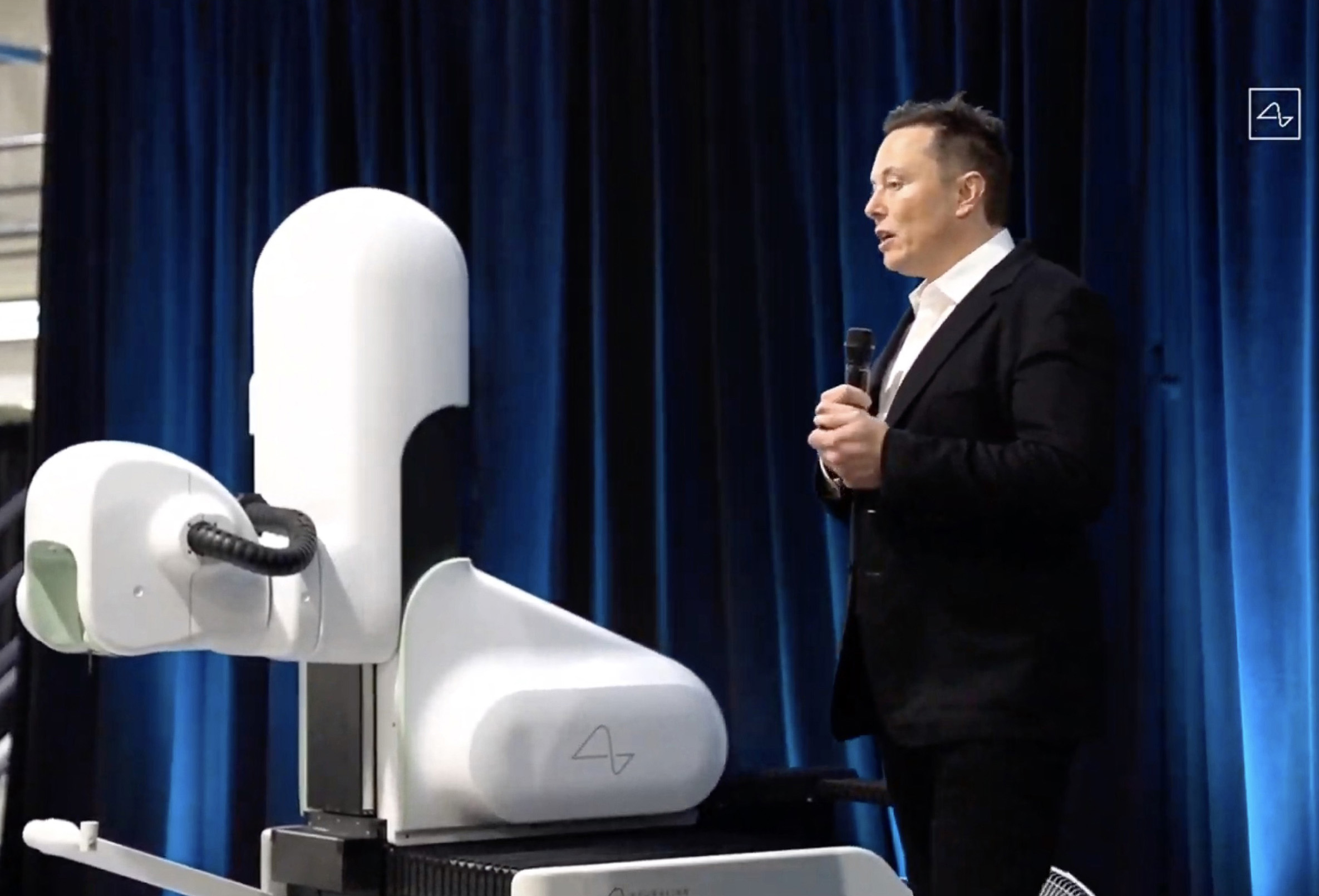
The coming years will be critical in proving whether Neuralink can fulfill its ambitious promises and reshape the future of medicine, technology, and human evolution.
In conclusion, Neuralink’s 650 million dollar funding round marks a pivotal moment for the startup and the brain-computer interface field as a whole. The company’s Telepathy system has already demonstrated the ability to empower severely disabled patients, and the newly developed Blindsight device offers hope for restoring vision to the blind.
Supported by leading venture capitalists and driven by Musk’s bold vision, Neuralink is poised to transform how humans interact with machines, potentially ushering in a new era of cognitive enhancement and medical breakthroughs. While significant regulatory and ethical challenges remain, the future of brain-computer technology looks more promising than ever.

